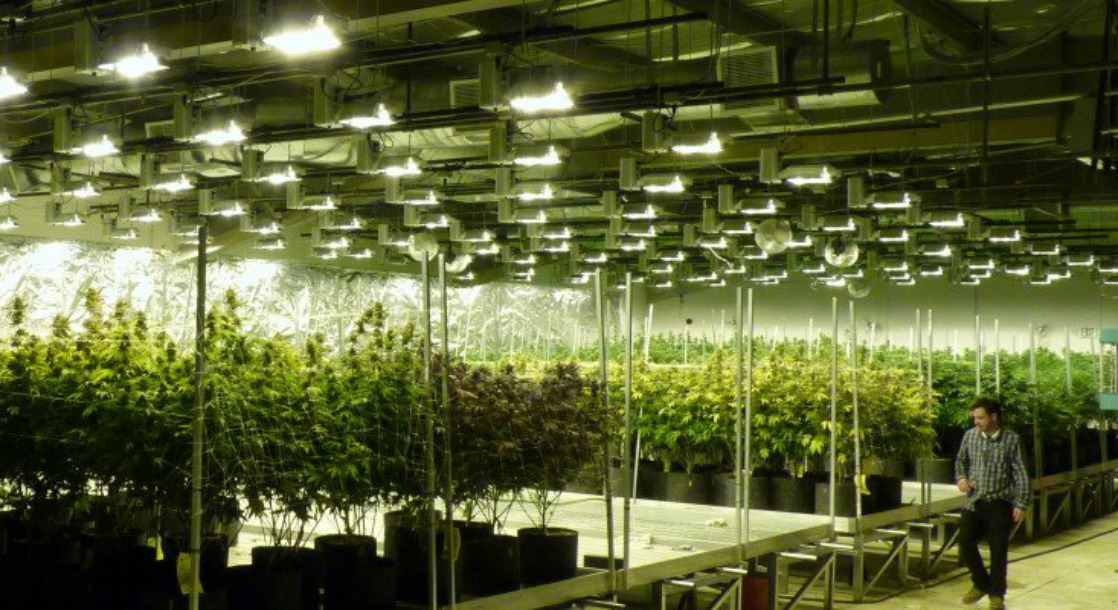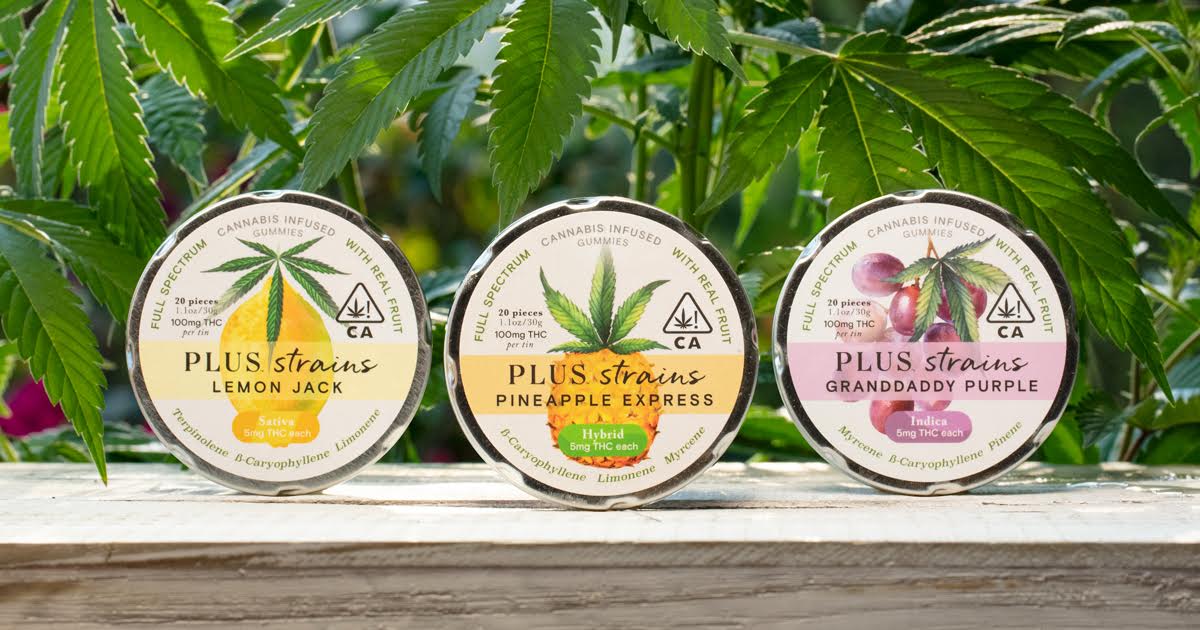As California legislators bicker and argue about regulations for the state’s impending recreational cannabis industry, the companies tasked with supplying that market are already treating marijuana like they would any other crop – as big business.
We told you a few months ago about how cut flower farms in California’s central valley were being bought up by canna-businesses, and now, according to a new report from the New York Times, those farms have already established cannabis as a normalized part of life in the nation’s agricultural capital.
“California is destined to do with cannabis what we’ve done with every other fruit and vegetable,” Steve DeAngelo, the executive director of the massive Harborside dispensary and farms, told the times. “And that’s take half of the national market.”
Harborside’s 47-acre farm in Salinas, California is just one of many proving that big agriculture and cannabis can co-exist, even in the tenuous legal grey area caused by federal prohibition and unclear state regulations.
Monterey County, which houses the Salinas Valley, has received 73 applications for cannabis farms, and out of those, 40 have already started growing and cultivating. And while the large scale farming may be ahead of its time, it’s also attracting some skepticism from small cannabis farmers and cannabis advocates who worry the industry is growing too fast and attracting negative attention from the federal government.
For Maximillian Mikalonis, a former legislative aide in the California state house who helped write California’s medical cannabis rules, the state’s upcoming recreational regulations, and their subsequent effect on the medical industry, will be the deciding factor in pacing the growth of big cannabis.
“It is a critical moment, a defining moment for the future of the industry in California,” Mikalonis told the Times. The choice, he said, is between a “marketplace for small and boutique operators who have been doing this for generations — or domination by the forces of agribusiness.”
For Harborside, a small dispensary turned industry leader, straddling the line between homegrown and big business is difficult, but worth the risk.
“Harborside takes grief for being the 800-pound gorilla,” Jeff Brothers, an executive behind Harborside, told the Times. “But if we want cannabis to be widely accepted, we need it to be cheap.”
Brothers says that by setting up the large scale operation in Salinas that Harborside will eventually be able to halve the cost of producing cannabis and, presumably, pass those savings onto consumers.
Detractors argue that California already produces too much marijuana, with one estimate claiming the state cultivates three times more cannabis than it consumes – with a whole lot of bud leaving the state for black market profit.
It was no secret that cannabis would eventually turn towards big business, but few expected the switch to happen before regulations were even on the books. As California legislators figure out the rules of what is set to be America’s largest cannabis market, one thing’s for certain – there will definitely be enough bud to go around.











